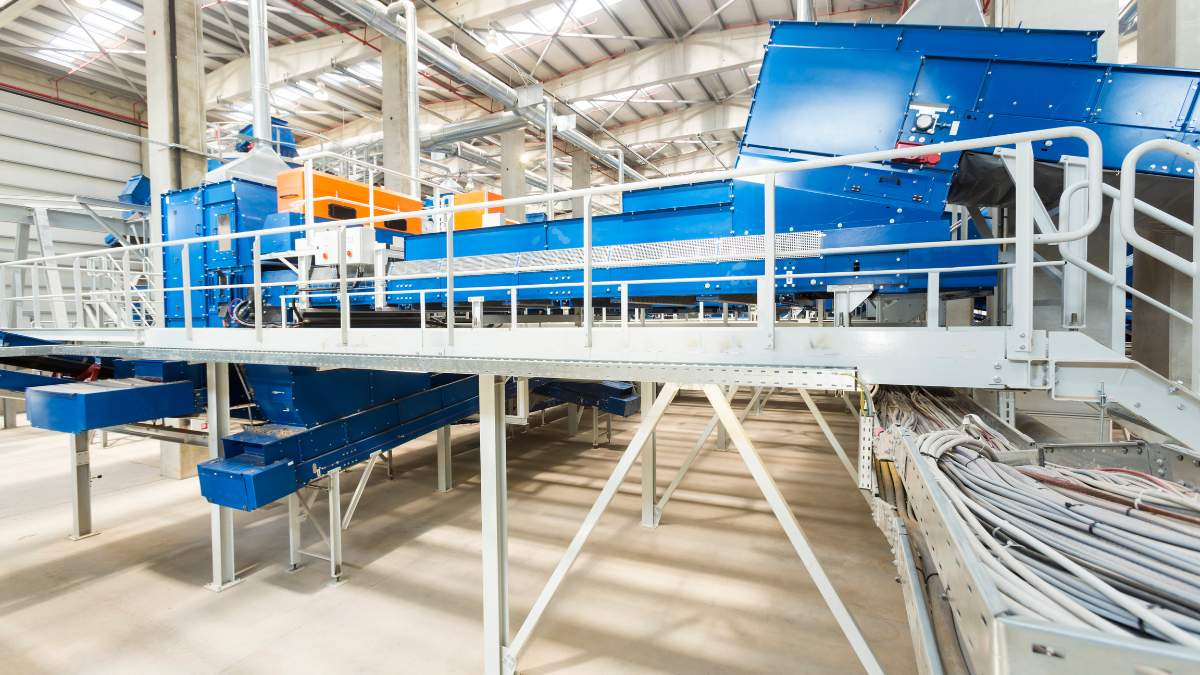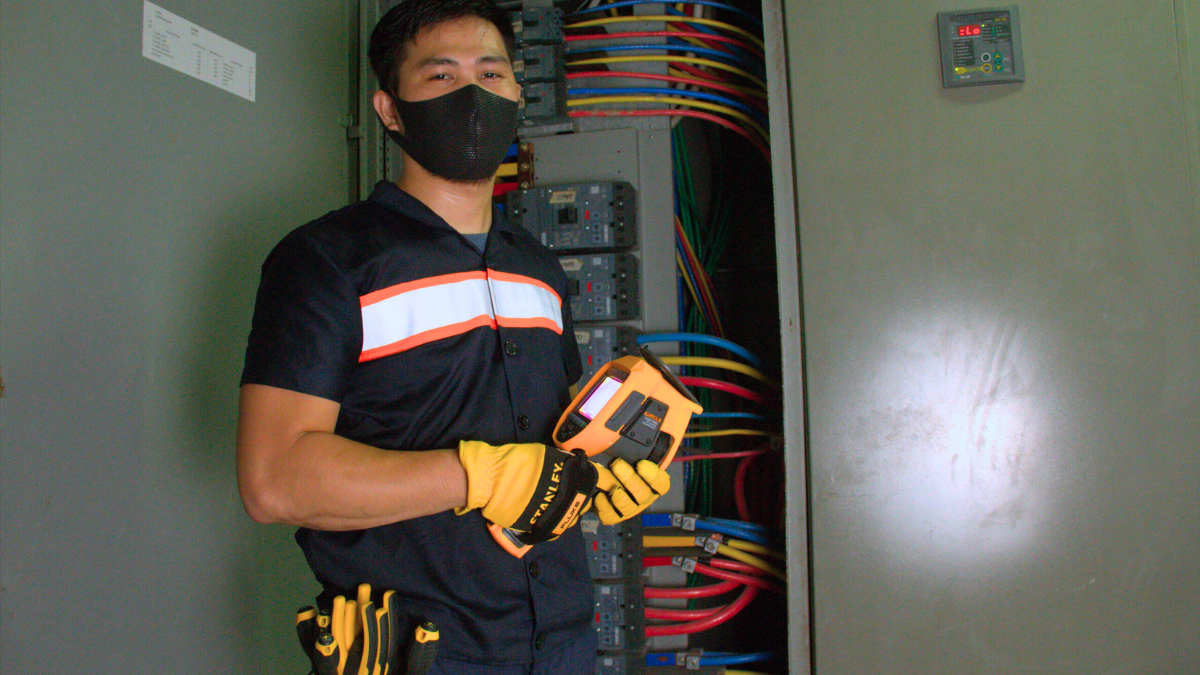Often times, many businesses forget the pain points of operations on their facilities. Failing to point out culprits of downtime, higher energy costs, or even asset failures is one of the reason why efficient facility management with multi-skilled technicians is a pivotal component in maintaining seamless Operations Maintenance. This blog will take you through the intricacies of this essential aspect of Facilities Management. From understanding the significance of skilled technicians to the tangible benefits of preventive maintenance, maintenance management, and corrective maintenance, we’ll explore it all. So, fasten your seatbelt, and let’s dive right in!

The Foundation: Efficient Facility Management with Multi-Skilled Technicians
Effective Facilities Management is more than just maintaining a building; it’s about creating a conducive environment for productivity and success. Multi-skilled technicians play a pivotal role in achieving this goal, and their importance cannot be overstated.
Understanding Multi-Skilled Technicians
The Backbone of Facilities Management: Multi-skilled technicians are the Swiss Army knives of the facility management world. They possess and have a specific knowledge on a diverse skill set, allowing them to handle a wide range of tasks related to Operations Maintenance. From electrical and plumbing work to HVAC maintenance and even minor carpentry, these experts are well-versed in various trades. This versatility ensures that your facility’s needs related to maintenance management are met promptly and efficiently.
The Crucial Role They Play
Efficient facility management hinges on the ability to address maintenance issues promptly and cost-effectively. Multi-skilled technicians bring both expertise and adaptability to the table. This results in quicker problem resolution, energy efficiency, reduced downtime, and significant cost savings.

The Benefits of Efficient Facility Management
Now that we’ve established the importance of multi-skilled technicians, let’s delve into the numerous benefits of efficient Facilities Management.
1. Cost Savings
Efficient facility management leads to substantial cost savings in Operations Maintenance. By addressing issues before they escalate, organizations can avoid expensive repairs and replacements. Multi-skilled technicians can often handle various tasks, eliminating the need to hire multiple specialists for preventive and corrective maintenance.
2. Enhanced Productivity
A smoothly functioning facility is a haven for productivity. When your workspace is comfortable, well-maintained, and free from operational disruptions, your employees can focus on their tasks, resulting in increased efficiency and overall productivity.
3. Sustainability
Sustainable practices are not only beneficial for the environment but also for your bottom line. Efficient facility management includes measures to reduce energy consumption, minimize waste, and optimize resource usage. This not only promotes a green image but also reduces operational costs in Operations Maintenance.
4. Safety and Compliance
A safe and compliant workplace is essential. Multi-skilled technicians are well-versed in safety protocols and regulatory requirements. They can ensure your facility meets all standards, preventing costly fines and potential accidents, which is critical in maintenance management.

Types of Maintenance in Facility Management
Efficient Facility Management with Multi-Skilled Technicians involves different types of maintenance to keep a facility running smoothly. Here are the primary types:
1. Preventive Maintenance
Preventive maintenance tasks involve regular inspections and scheduled repairs to prevent equipment or facility failures. It’s a proactive approach that helps identify and address issues before they cause significant disruptions.
2. Corrective Maintenance
Corrective or reactive maintenance, on the other hand, is reactive. It focuses on fixing issues that have already occurred. Efficient facility management requires a balance between preventive and corrective maintenance to minimize downtime.
3. Predictive Maintenance
Predictive maintenance uses data and technology to predict when equipment is likely to fail. This approach enables technicians to perform maintenance at the right time, reducing downtime and costs.
4. Condition-Based Maintenance
Condition-based maintenance involves monitoring the condition of equipment in real-time. Technicians use sensors and data to make decisions about when and what type of maintenance is needed.

Challenges in Facility Management
Efficient Facility management with Multi-Skilled Technicians is not without its challenges. Addressing these hurdles is crucial to maintaining an optimal work environment in maintenance management.
1. Skill Shortage
Finding skilled technicians with a broad range of skills can be challenging. Training and development programs are essential to bridge this gap and ensure a steady supply of multi-skilled professionals for Operations Maintenance.
2. Budget Constraints
Efficient facility management requires an investment. Balancing the budget while implementing necessary changes can be a significant challenge. However, the long-term cost savings make this investment worthwhile in maintenance management.
3. Technology Integration
Integrating new technologies can be complex and expensive. Organizations must carefully plan and execute these transitions to ensure they contribute to efficiency rather than causing disruptions in Operations Maintenance.
Summary
Efficient Facility Management with Multi-Skilled Technicians is the cornerstone of a successful organization in Facilities Management. It’s a combination of versatile professionals, advanced technology, and a commitment to creating a conducive work environment for Operations Maintenance. The benefits, including cost savings, enhanced productivity, sustainability, safety, and compliance, cannot be overlooked. As businesses evolve, embracing this approach to facility management is not an option but a necessity. So, make the choice today, invest in efficiency, and watch your organization thrive in the competitive landscape of the modern world.

